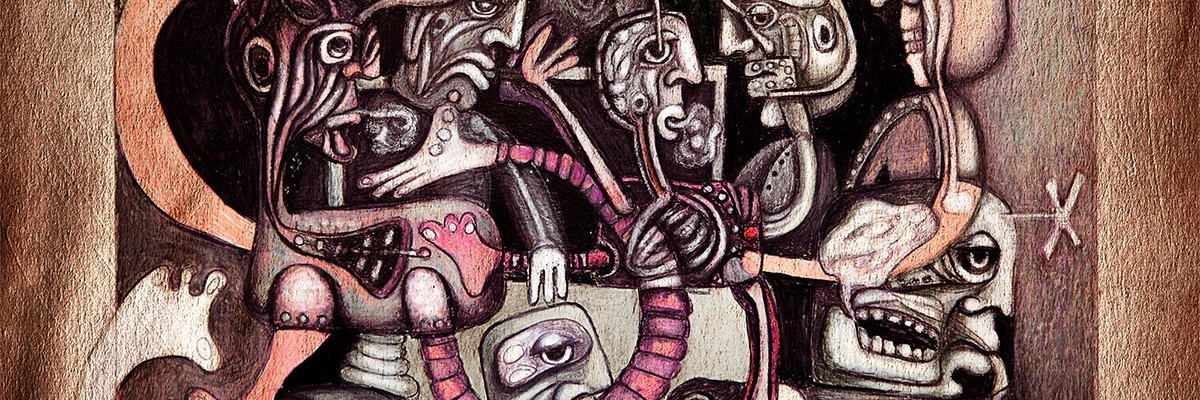In the study, published recently in Topics in Cognitive Science, researchers looked at how people with schizophrenia from three different societies experienced hearing voices. They found that people from the US tended to describe the voices as intrusive unreal thoughts they hated. In contrast, people from South India were more likely to describe them as providing useful guidance, and people from Ghana were more likely to think of them as morally good.
"I was actually surprised that they were so different," study author Tanya M. Luhrmann of Stanford University told Braindecoder.
While exact brain mechanisms of voice hearing in schizophrenia are not clear, previous research has found that, during such auditory hallucinations, people with the disorder show increased flow to Broca's area in the brain, which is involved in speech production.
To see whether cultural differences can affect the content of these auditory hallucinations, Lurmann and her colleagues looked at 20 patients with schizophrenia in San Mateo, California, 20 patients in Chennai, South India, and 20 patients in Accra, Ghana. The researchers asked the participants how many voices they heard and how often, as well as whether they had experienced hallucinations with any other sensory elements. They also asked them what relationship they had with the voices and what the qualities of the voices were, among other questions.
They found that voices the Americans heard were often violent. "The screaming, fighting ... [they say] jump in front of the train," one US participant said. They tended to describe their voice-hearing experience as a war: "The warfare of everyone just yelling," another American patient said.
Comment: Perhaps, the pathological, war-mongering ways of the US is being reflected on an individual level.
Although some of the people from India and Ghana also experienced violent voices, fewer of them reported violence and gave it less prominence in the interviews.
It was also very clear to the researchers that people from the US did not like the voices they heard. "Not one person told us that their predominant experience was positive," the researchers said. The Americans tended to describe the experience of hearing voices as a sign of insanity and they felt assaulted by them.
But in Ghana, half of the participants said that they mostly heard good voices that were actually helpful. "They just tell me to do the right thing. If I hadn't had these voices, I would have been dead long ago," one of them said.
"I was really struck by how insistent the subjects in Accra were that they had positive experiences," Luhrmann said.
In the group from South India, more than half of the people heard the voices of their family members like their parents, parents-in-law and siblings. While some of the voices were bad, others were good. For example, one man heard the voices of his sisters telling him off, but he also experienced voices of his ancestors who expressed their support of him and were his companions. "I like them," he said. He described them as useful, as they reminded him to take his bath, brush his teeth and drink his coffee.
At least eight people from the South Indian group said the voices were a positive experience. "I have a companion to talk (laughs). I need not go out and speak. I can talk within myself," one person said. The voices tended to provide guidance on everyday tasks to people, telling them to cook, clean and eat. They also told them not to smoke and drink.
The researchers think these differences in the voice-hearing experience stem from different cultural expectations about the mind and people. For example, unlike people in the other two countries, Americans tend to perceive the mind as a separate, private place. The voices upset them because they violate their sense of personal control, the researchers said.
Along the same lines, society in Chennai is "a world of kin in which seniors are presumed to know what juniors should be thinking and in which seniors are expected to give juniors advice," the researchers said. It may therefore explain why people in the South Indian group experienced the voices as those of their kin so frequently.
Such local cultural expectations about minds, people and spirits, coupled with culturally driven patterns of attention to auditory phenomena seem to actually to shape the voices that people with the condition hear, the researchers said.
"We think that, as people pay attention in culturally varied ways, there are small but important cognitive biases in the way that they identify, respond to, and remember auditory experiences," they said.




[Link]